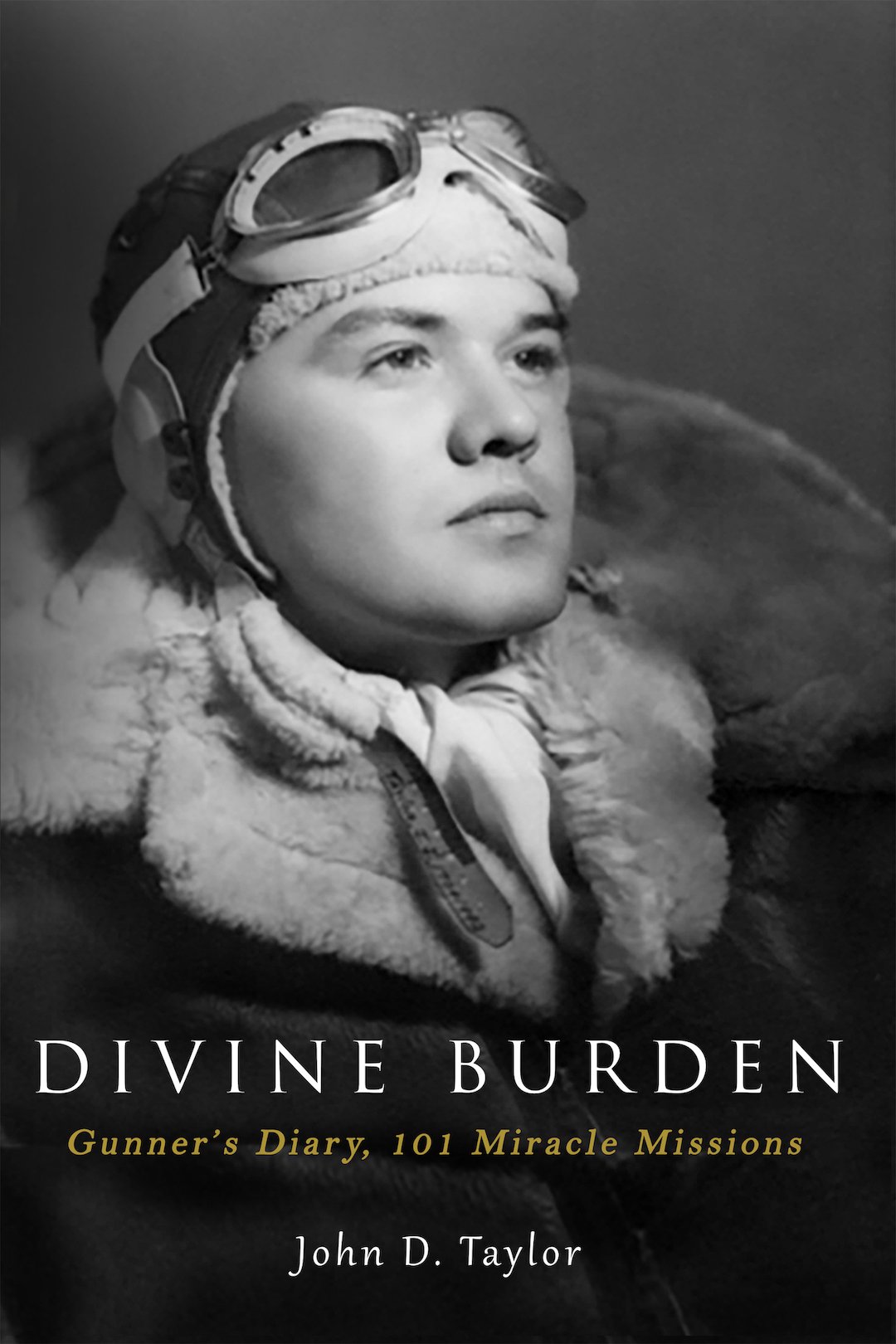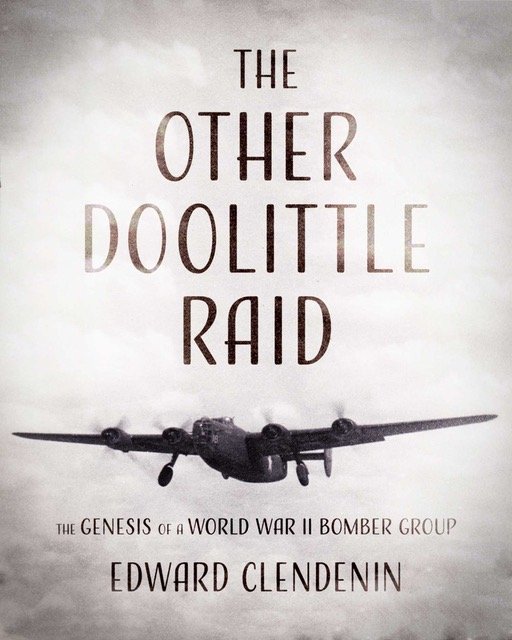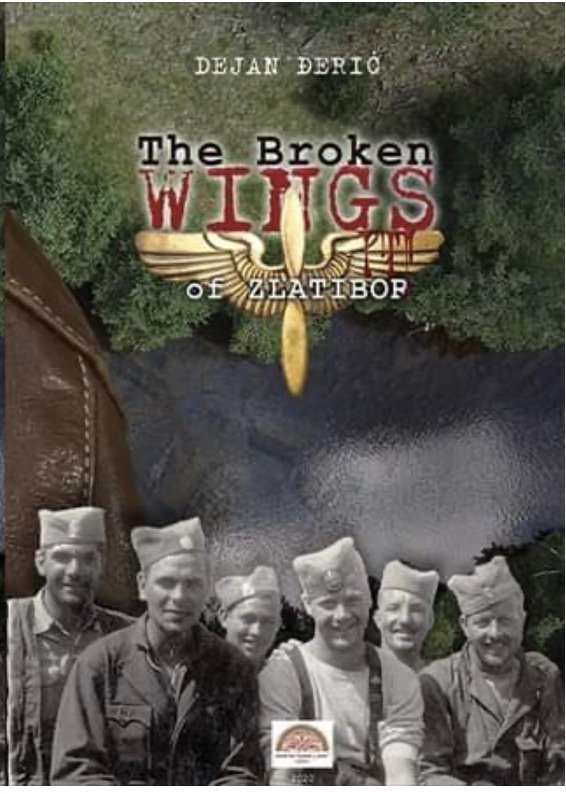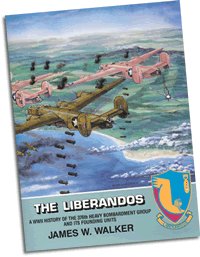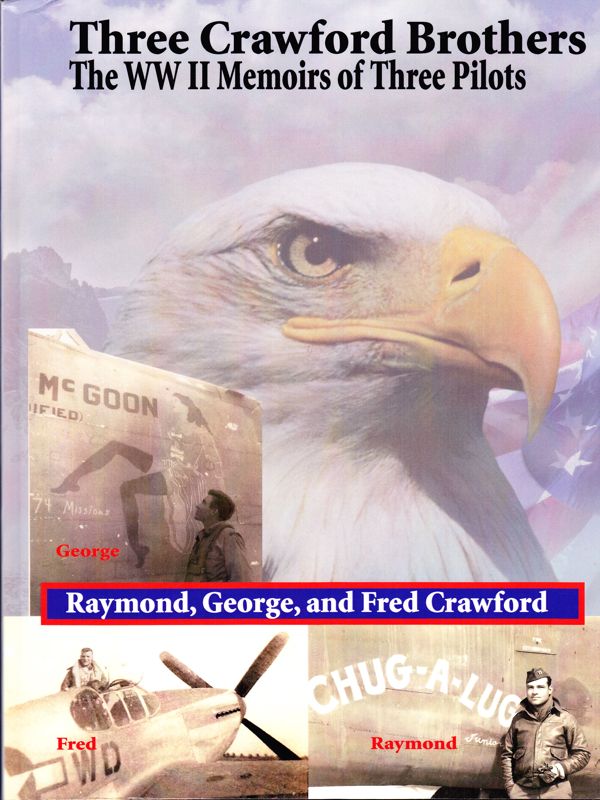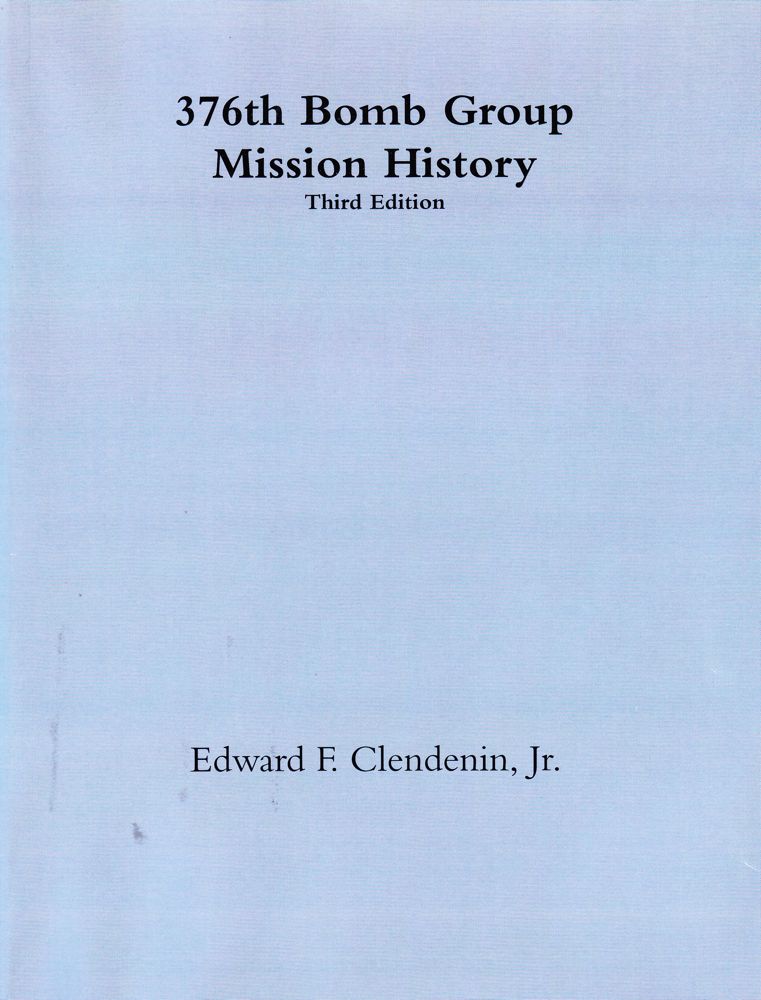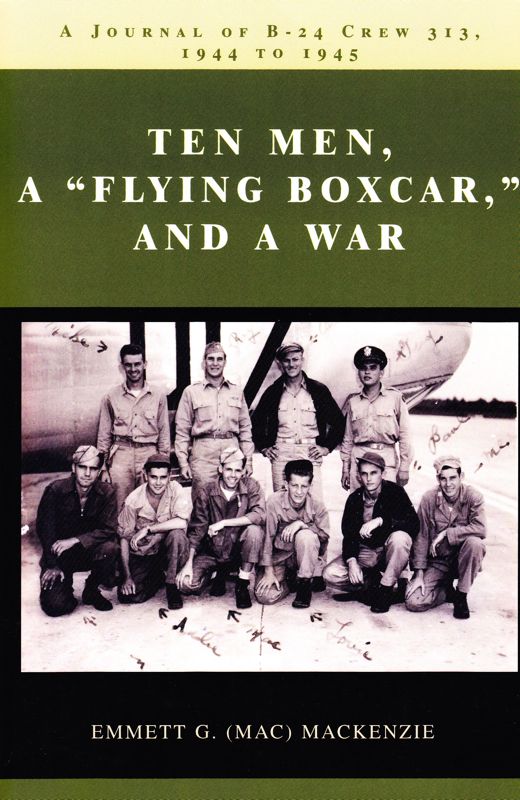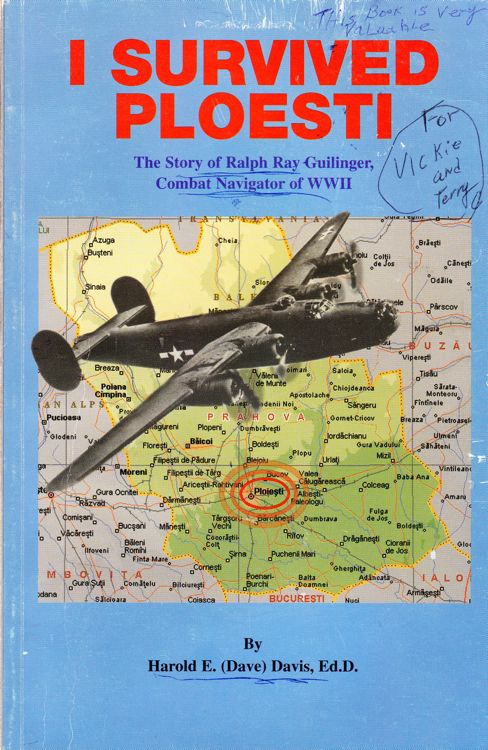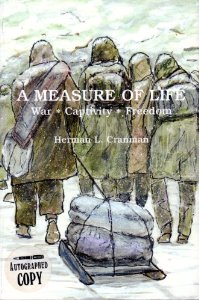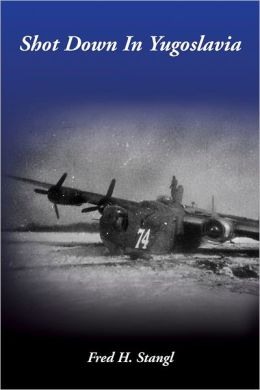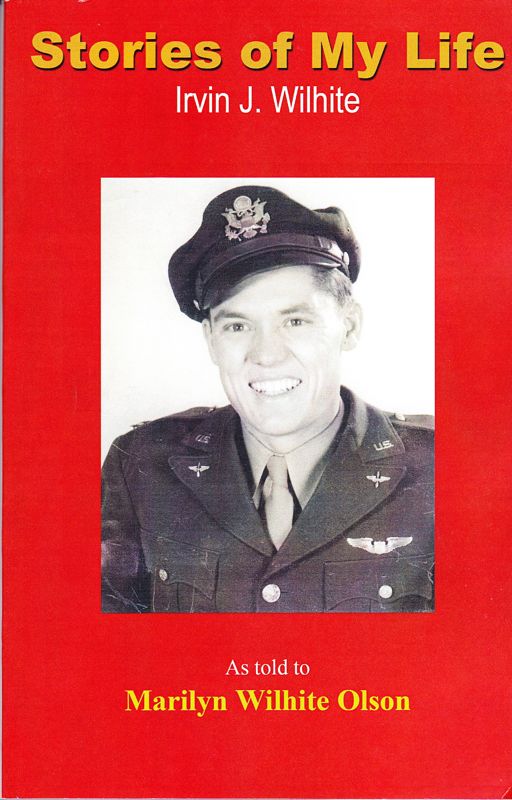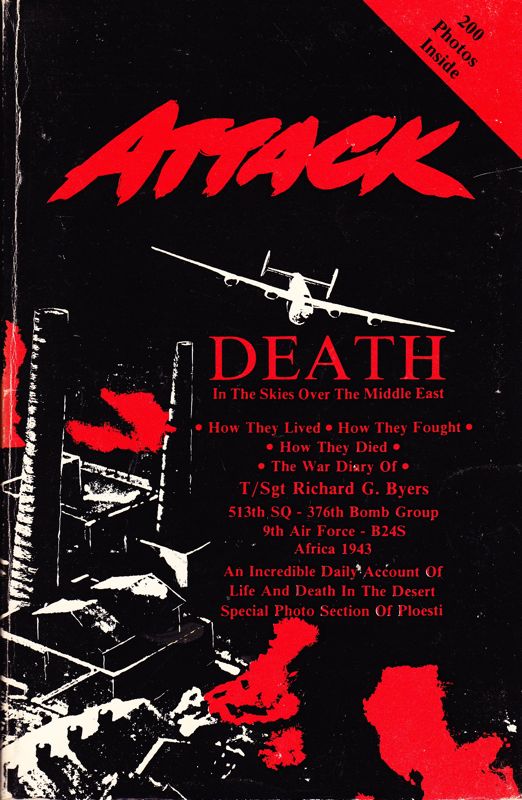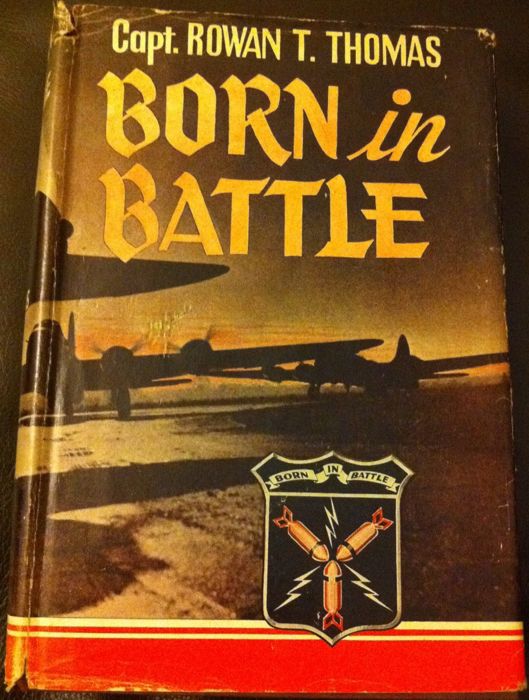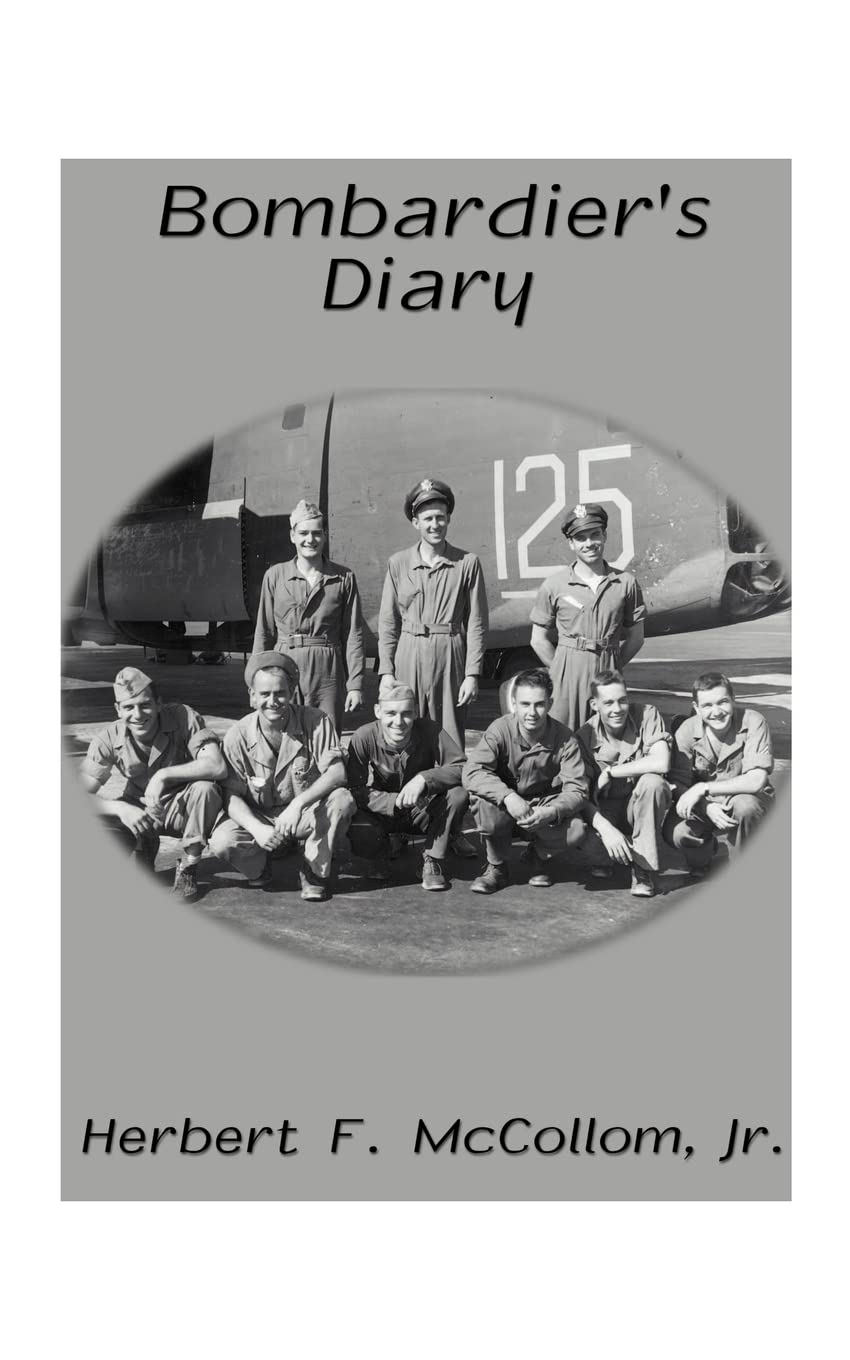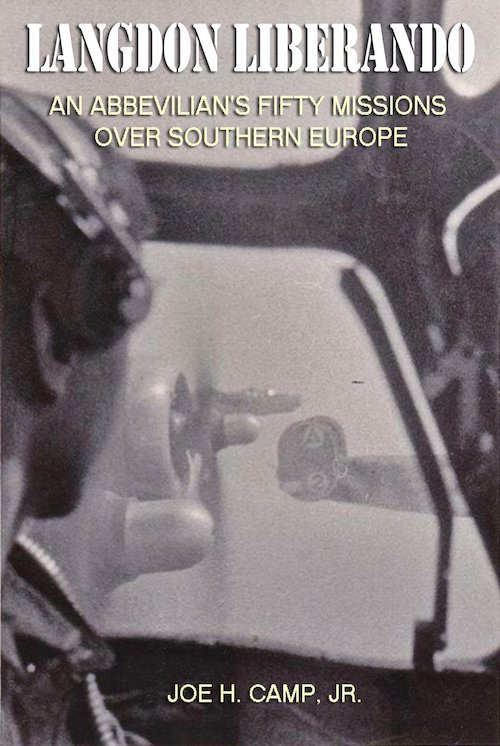Kermit Pete (Pete) Hansen's diary part 1 .
In the Beginning
Kermit Peter (Pete) Hansen was born on November 17, 1918, in the small town of Melvin, Iowa. His grandfather, Peter Hansen, and his grandmother, Wilhelmina Bruer Hansen came to this country from Denmark and Germany, respectively. Pete’s mother Agusta Jurgens Hansen and father, Ernest Hansen were both born and raised in Iowa.
Pete was the youngest of three children: his sister, Luverne Hansen Katz, the oldest of the three is 93 years young and his brother, Ingwer was seven years older than Pete. Pete was ten months old when his mother died and as a result went to live and was raised by his father’s sister, Laura Hansen Stelck and her husband Henry Stelck. Ernest gave money to his sister to help pay for Pete’s care. Pete’s father remarried and Luverne and Ingwer lived with him and their stepmother until such time as they were old enough to live on their own. Even though Pete never lived with his father, brother, or sister, he always had a relationship with them.
Pete lived on a farm located eight miles north of Hartley, Iowa, with his aunt and uncle. Even though times were hard, they always had food. The farm consisted of 160 acres and could feed a family of four. They raised chickens, cattle, sheep, and pigs, so there was always milk, eggs, and meat for them to eat. They churned their own butter. Once a week they would go to the town and sell some products from the farm, the proceeds from which they would buy flour, sugar, and other staples that the family needed to live.
Living on the farm was hard work. Pete had his chores. He would milk the cows, feed and water the cattle, pigs, and sheep, and take care of the horses. But he also had his own pony that he rode eight miles to school when the weather was good. Sometimes the weather was so severe that he could not get there.
School was a one-room schoolhouse with one teacher teaching all the grades. Pete attended first and second grades there. Either the teacher or the principal, by means of a paddle or perhaps a yank on the ear, meted out discipline. School was sometimes dismissed during the school year so that the children could go home to work on their farms.
Pete went to Sunday school every week and when he got older, went to the Trinity Evangelical Church every Sunday. He always got dressed up for church, wearing either jeans or double-knee (for strength) corduroy pants, shirt, and tie. In addition to religious services, the church was the center for social activities as well. As part of their social life on the farm, there were dances and gatherings of neighbors and Pete recalls wonderful dinners of fried young spring chicken and sweet corn.
Hartley was a small town with only one movie theater called the Capitol Theater. Pete was given 15 cents to go to the movies – 10 cents admission and 5 cents for a treat. If Pete was being punished for some reason, his movie privilege was taken away or he was sent to his room without dinner. He also knew what the switch on the wall was for. When Pete was eight years old, he stole a French dollar from his uncle and bought some rabbits. Being that a French dollar was unusual currency, he was quickly found out. When confronted, Pete was not truthful – he was in trouble. Auntie called the police. Nothing happened as a result, but Pete had a good lesson in honesty.
Pete moved with his aunt and uncle from the farm to Hartley where he completed grades three through nine. A good education was not a priority in these schools. The idea was to get through school and then go back to work the farm. Every summer right after school was over he was sent to the farm to work. Pete resented this because he had friends at school he would have liked to share in his summer activities. At the farm he had no friends his own age, only adults. Pete did go fishing while at the farm, however, with his cousin Frances who was fifteen years older than he. The reason Pete was sent back to the farm in the summer was not only to work, but also because he had stolen the French dollar.
After the ninth grade, Pete moved back to the farm where he graduated from high school in 1936. He got his first suit-of-clothes for this occasion in Sioux City. In addition, he got suspenders, belt, shirt, and shoes with plates on them, which were negotiated into the price of the suit.
After graduation he worked on the farm for two years and saved $300 for tuition to the University of Iowa. Uncle Henrydid not want Pete to go to college; he wanted him to stay and work on the farm. Pete didn’t know whether he would ever have an interest in the farm. He enrolled at the university and attended from 1938 through 1940 leaving with just five credits short of completing two years. He worked on the farm for the next two years; Uncle Henry had given Pete a partnership in the farm.
Pete wanted to join the Air Force. He did not like war, but he wanted the opportunity to widen his horizons, to get off the farm, meet new people, and to see the world. He wanted to be a pilot. He needed two full years of college to be accepted, so he obtained his five missing credits by taking a correspondence course.
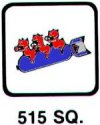
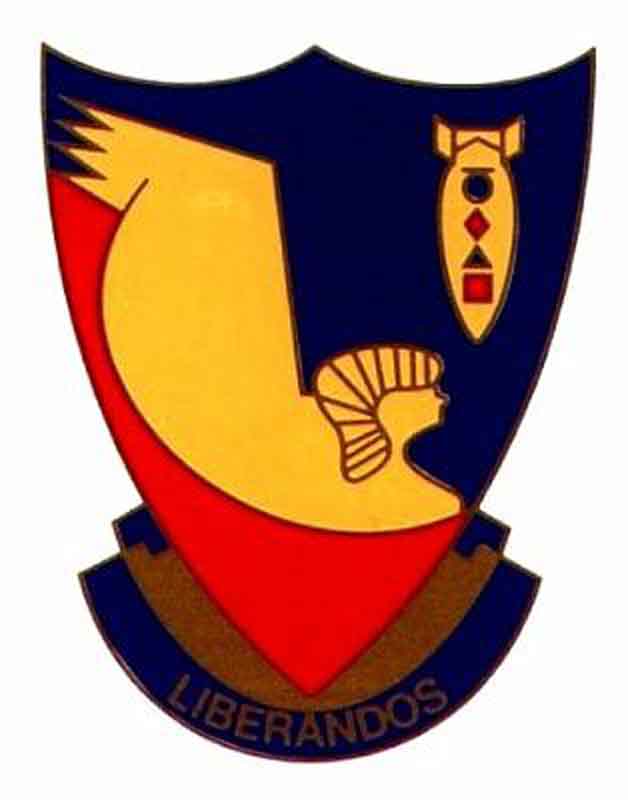
The website 376bg.org is NOT our site nor is it our endowment fund.
At the 2017 reunion, the board approved the donation of our archives to the Briscoe Center for American History, located on the University of Texas - Austin campus.
Also, the board approved a $5,000 donation to add to Ed Clendenin's $20,000 donation in the memory of his father. Together, these funds begin an endowment for the preservation of the 376 archives.
Donate directly to the 376 Endowment
To read about other endowment donation options, click here.
Reunion
NOTE change in the schedule !!
DATES: Sep 25-28, 2025
CITY:Rapid City, SD
HOTEL: Best Western Ramkota Conference Hotel; 2111 North LaCrosse St., Rapid City, SD 57702; 605-343-8500
Click here to read about the reunion details.
